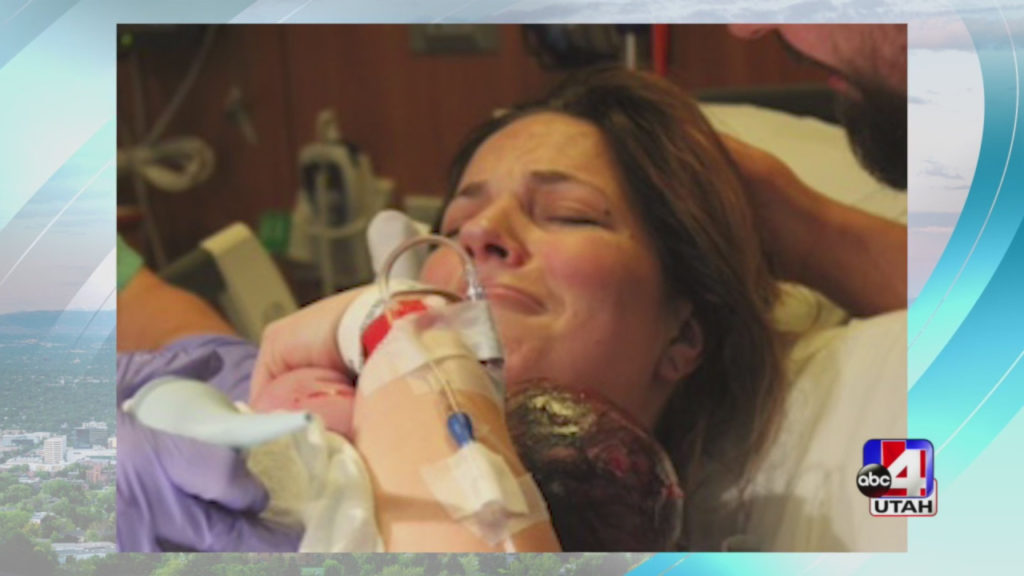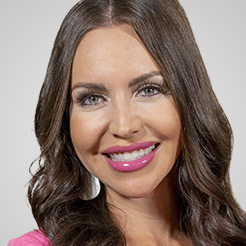We talk about all of the happiness surrounding when baby comes into the world, but we don’t often talk about the sadness that can come with it, too. ABC4’s evening anchor Emily Florez joined us to talk about her experience with postpartum depression.
Among women, the leading cause of disease-related disability is depression (World Health Organization, 2013). Research shows that Perinatal Mood and Anxiety Disorders can appear during pregnancy or days or even months after childbirth.
Postpartum Depression: Approximately 21% of women experience major or minor depression following childbirth (Wisner KL, Sit DKY, McShea MC, et al. JAMA Psychiatry 2013). Low income women and teens have rates up to 60% (Earls, M. Pediatrics 2010).
Symptoms differ for everyone, and may include: feelings of anger, fear and/or guilt, lack of interest in the baby, appetite and sleep disturbance, difficulty concentrating/ making decisions, and possible thoughts of harming the baby or oneself.
Women may suffer from Perinatal panic disorder: This is a form of anxiety that occurs in up to 11% of new mothers. Perinatal obsessive-compulsive disorder, postpartum posttraumatic stress disorder, or perinatal bipolar disorder.
Postpartum Psychosis is something that occurs in approximately 1 to 2 of every 1,000 deliveries (Sit, et al, 2006). The onset is usually sudden, most within the first 4 weeks, with symptoms including: delusions (strange beliefs) and/or hallucinations, feeling very irritated, hyperactive, decreased need for sleep, and significant mood changes with poor decision-making. There is a 5% suicide rate and 4% infanticide rate associated with Psychosis and thus immediate treatment is imperative.
A mother’s mood and anxiety symptoms have a direct impact on her partner as well. Her partner may feel overwhelmed, confused, angry, and afraid she will never be well. This may place a strain on the couple’s relationship. About 10% of new dads have depression, mood or anxiety problems, as well (Paulson & Bazemore, JAMA 2010).
Screening and early intervention can protect the well-being of the mother, baby and entire family.
Scientific evidence is available on the effectiveness of a variety of treatment options. Mothers need to know: “You are not alone. You are not to blame. With help, you will be well.”
We love following along with Emily’s IG and we know you will, too! IG @emilyflorez

